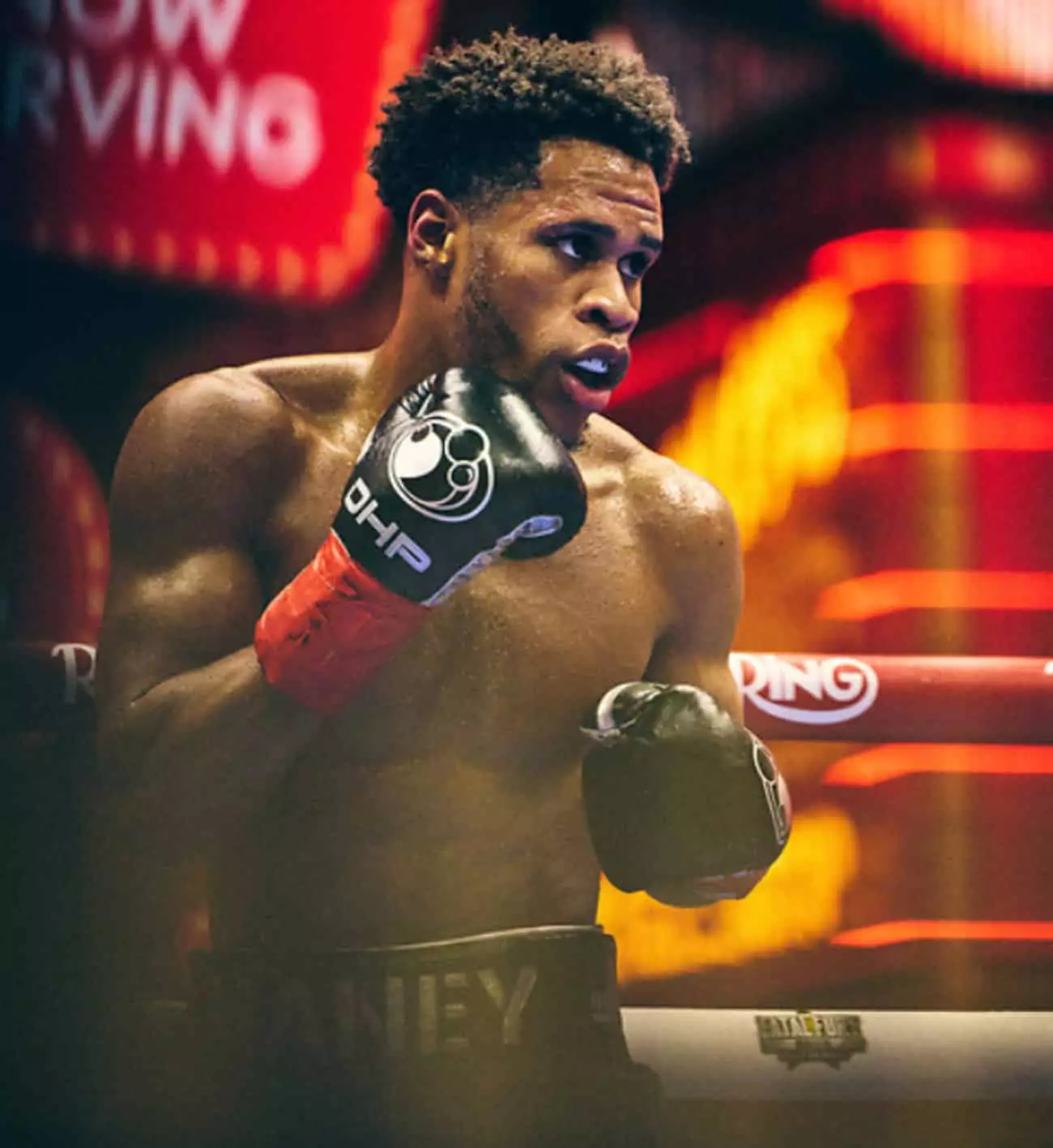In the world of professional boxing, the line between strategy and cowardice can often blur. Many fans and critics alike hold rigorous expectations for fighters, insisting that they not only win but also provide an engaging spectacle for the audience. This is where Caleb Plant finds himself defending Devin Haney’s unfavorably critiqued performance against Jose Ramirez. Despite the chorus of disapproval surrounding Haney’s overly defensive strategy, Plant stands firm in his support, arguing that the responsibility for a competitive fight lies not solely with Haney. Instead, he asserts that Ramirez should have pushed the action more.
Understanding the Strategy
Caleb Plant’s defense of Haney’s tactics stems from a profound understanding of boxing as a calculated sport. He acknowledges that a fighter can only do so much when their opponent is not stepping up to the challenge. For Plant, the essence of boxing is not always about fireworks but rather the tactical execution of a game plan. In his comments, Plant expresses admiration for Haney’s ability to maintain a defensive posture for the entire twelve rounds, suggesting that such endurance speaks to a well-crafted game plan.
While one can appreciate the technical skills required to execute such a strategy, the outrage from fans and the media cannot be dismissed. Haney’s performance often looked more like a cautious escape than a determined fight, leading many to question whether he was living up to the expectations of marquee boxing.
Context Matters
Plant mentions that Haney’s career has generally favored his elusive, defensive style, questioning the responsibility of the offensive-minded Ramirez. However, this raises a larger question about what fans expect from fighters at the elite level, particularly when prize fights are marketed as draws for the mainstream audience. Handing over a defensive showcase, even with valid strategy, tends to frustrate fans who crave the gladiatorial essence of boxing.
It’s a digression that brings into focus the often-unforgiving climate of the boxing world. Haney may have been successful in securing a victory, but the performance seemed to lack the spirit of the sport that resonates with fans. The money he is reportedly set to earn—a staggering $10 million for his defensive bout—also plays a crucial role in this discussion; audiences want to feel they are getting their money’s worth.
The Pitfall of Over-Analysis
Plant adds depth to his argument by pointing out the discipline required to execute a defensive game plan meticulously. Indeed, it takes immense conditioning and focus to move strategically around the ring for an extended period, particularly against an opponent known for their resilience. Yet, this assertion only complicates the narrative. Perception is pivotal in boxing. No matter how technically proficient a fighter may be, public perception is often shaped by the willingness to engage and provide an entertaining fight.
Analyzing Haney’s reluctance to engage further highlights the dilemma of being too safe in a sport that celebrates risk and bold exchanges. His uncanny ability to evade punches can be lauded, but when it eclipses the expectation of exhilarating exchanges, it becomes problematic.
Simplistic Views and Personal Reflections
Criticism directed toward Haney is not merely about the fight against Ramirez but rather speaks to broader expectations for elite-level pugilists. The expectation for fighters like Haney to win yet still retain a captivating presence speaks to an ingrained bias that often doesn’t allow the nuance of strategy to be appreciated. Even Plant, who himself has had lackluster displays, seems to blind himself to how dull performances can tarnish a fighter’s reputation.
Both Plant and Haney often walk the same tightrope—balancing the need for success with the allure of entertainment. That similar emphasis on technical defensiveness binds them, sparking an ironic solidarity in their contrasting responses to external criticism.
What Makes a True Champion?
Despite Plant’s solid defense of Haney, it’s important to question what defines a true champion. A champion is not merely one who can outpoint an opponent over the course of twelve rounds; they must also leave a lasting impression—the proverbial cherry on top of their achievements. In boxing, the charisma, the willingness to stand toe-to-toe, and the ability to entertain are equally critical to cementing a legacy.
Each bout becomes a canvas, and how a fighter chooses to paint it can determine their narrative. From Plant’s perspective, Haney did what he needed to win, but from a holistic viewpoint, it raises a larger conversation about what success truly looks like in the boxing ring and whether it aligns with the audience’s desires. The dichotomy of survival versus entertainment in boxing will continue, and how fighters navigate this thin line will ultimately dictate their legacies.

